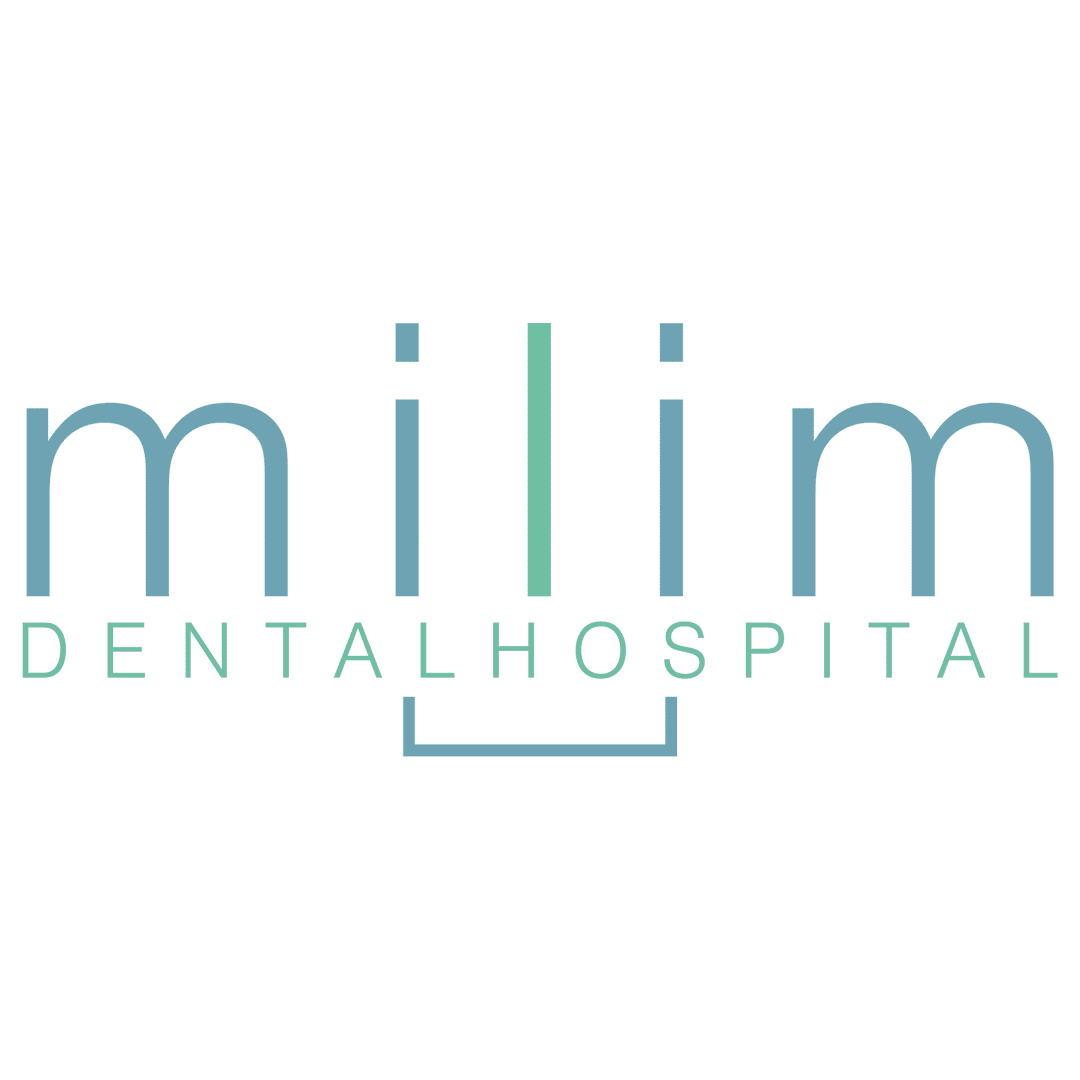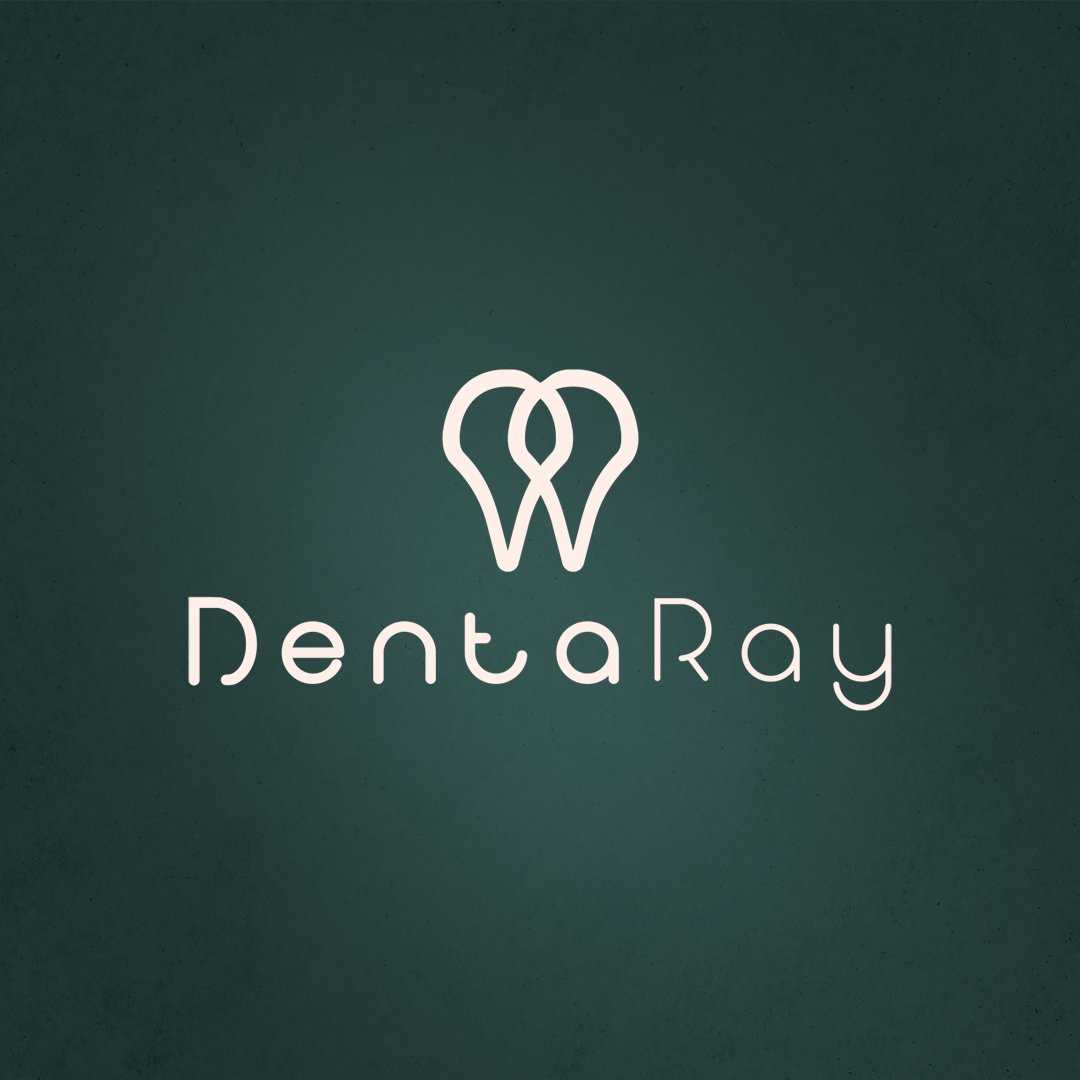Turkey Dental Visa: Requirements for Medical Travel

Planning a trip to another country for medical reasons, like getting high-quality dental work done in Turkey, involves a few extra steps compared to a regular vacation. One of the most critical steps is understanding the visa requirements for a dental trip to Turkey. The process can seem a bit confusing at first, with terms like "e-Visa" and "medical visa" popping up. But don't worry, it's quite straightforward once you know what you need. Turkey has become a global hub for dental tourism, thanks to its state-of-the-art clinics, experienced dentists, and affordable prices. To ensure your journey is as smooth as your future smile, this guide will walk you through everything you need to know about securing the right visa for your dental treatment.
Whether you can quickly apply for an e-Visa from the comfort of your home or need to visit a consulate depends on your country of citizenship. We'll break down the types of visas, the documents you'll need to gather, and the steps to take. Think of this as your pre-travel checklist to ensure all your paperwork is in order, so you can focus on what truly matters: achieving your perfect smile.
Do I need a visa for a dental trip to Turkey?
While Turkey allows citizens of many countries to enter visa-free for tourism, a trip planned specifically for medical purposes, such as dental work, falls into a different category. It's always best to assume you need a visa to avoid any issues. The type of visa you need depends on your nationality and the length of your planned stay.
The Turkish government has streamlined the process for many nationalities through the e-Visa system. However, if your country is not on the e-Visa list, or if your treatment requires a longer stay, you'll need to go through the consulate for a medical visa. Checking the official Turkish Ministry of Foreign Affairs website is the best first step to determine your specific requirements.
What is the difference between a Turkish e-Visa and a Medical Visa?
Understanding the distinction between these two visa types is crucial for your dental trip planning.
- e-Visa: This is the most convenient option. It's an official document that permits entry into and travel within Turkey. The entire process is done online, and it's typically valid for tourism and short-term business purposes. Many dental tourists use the e-Visa if their treatment is short and their nationality is eligible.
- Medical Visa (Sticker Visa): This is a traditional visa that gets affixed to a page in your passport. It is specifically for individuals whose primary purpose of travel is medical treatment. This visa type is mandatory if you are not eligible for an e-Visa or if your treatment plan requires a stay longer than the e-Visa allows. It involves a more detailed application process through a Turkish consulate.
Who is eligible for a Turkish e-Visa?
The Turkish e-Visa system is accessible to citizens of over 90 countries. You can check your eligibility in seconds on the official Republic of Türkiye e-Visa website (www.evisa.gov.tr). You simply select your country of origin, and the system will tell you if you can apply.
For some nationalities, there are preconditions. For example, citizens of Pakistan can apply for an e-Visa but only if they have a valid visa or residence permit from one of the Schengen Area countries, the USA, the UK, or Ireland. Without this supporting document, they must apply for a sticker visa at the Turkish embassy. Always check the specific conditions for your nationality on the e-Visa portal.
What documents are needed for a Turkish Medical Visa?
Applying for a medical visa requires more documentation than an e-Visa. The goal is to prove that your visit is for legitimate medical reasons and that you can support yourself during your stay. Here’s a typical list of required documents:
- Valid Passport: Must be valid for at least six months beyond your intended stay in Turkey and have at least two blank pages.
- Visa Application Form: Filled out completely and accurately.
- Biometric Photographs: Recent, passport-sized photos with a white background.
- Medical Invitation Letter: An official letter from the dental clinic or hospital in Turkey confirming your appointment, treatment plan, and estimated duration.
- Proof of Financial Sufficiency: Recent bank statements or other financial documents to show you can cover your medical and living expenses.
- Flight Itinerary: Round-trip flight reservations. It's advised not to purchase tickets until your visa is approved.
- Proof of Accommodation: Hotel reservations for your stay.
- Travel Health Insurance: Insurance that covers you for the duration of your stay in Turkey.
How do I get a medical invitation letter from a dental clinic in Turkey?
The medical invitation letter is a cornerstone of your medical visa application. It serves as official proof to the Turkish authorities that you have a legitimate reason for your visit. After you've consulted with your chosen dental clinic and agreed on a treatment plan, the clinic's administrative staff will prepare this letter for you.
The letter is typically printed on the clinic's official letterhead and includes the patient's full name, passport number, a brief description of the dental procedure, the scheduled dates, and contact information for the clinic. This document directly links your visit to a reputable healthcare provider, strengthening your visa application.
What is the application process for a Turkish e-Visa?
Applying for an e-Visa is designed to be quick and user-friendly. Here's how it works:
- Apply Online: Go to the official Republic of Türkiye e-Visa website. Click "Apply Now" and fill in the required information, including your nationality, passport details, and travel dates.
- Make Payment: Pay the visa fee online using a Mastercard, Visa, or UnionPay credit or debit card. The fee varies depending on your nationality.
- Download: After your application is approved (which is often instant or within a few hours), you will receive an email with a link to download your e-Visa. You should print a copy and keep a digital version on your phone to show to airline staff and immigration officials.
How long does it take to get a Turkish medical visa?
Unlike the nearly instantaneous e-Visa, a sticker medical visa requires more processing time. After submitting your application and all required documents to the Turkish embassy or consulate (or their authorized visa application center), the application undergoes a thorough review.
The exact timeline can vary based on the consulate's workload and your nationality. To be safe, you should start the visa application process well in advance of your dental appointment. This ensures you have your passport and visa back in hand with plenty of time to finalize your travel arrangements without stress.
How much does a Turkish visa for medical purposes cost?
The visa fee is another important factor to budget for. For an e-Visa, the cost is determined by your country of citizenship and is paid online during the application. For Pakistani citizens, for instance, the government fee is around $60 USD.
For a sticker medical visa, the fee is paid at the time of application submission at the consulate or visa center. These fees are subject to change, so it's essential to check the official website of the Turkish embassy in your country for the most current pricing information.
Do I need to show proof of funds for a dental trip to Turkey?
Turkish authorities need to be sure that you can financially support yourself during your stay. This requirement helps ensure that visitors do not become a public charge. The amount you need to show can vary, but a general guideline is to have enough to cover your dental bills and at least $50 USD for each day of your stay.
Your bank statements should be recent (usually from the last three months) and clearly show your name and available balance. If a family member or another person is sponsoring your trip, you will need to provide their financial documents along with a sponsorship letter.
Is travel health insurance mandatory for a Turkish medical visa?
Having comprehensive travel health insurance is non-negotiable for a medical visa application. It provides a safety net for you and assures the Turkish government that any unexpected medical issues outside of your planned dental treatment will be covered.
When purchasing a policy, make sure it meets the minimum coverage requirements set by the Turkish authorities (often around €30,000 or $50,000 USD). You will need to submit a copy of your insurance certificate along with your other visa documents.
How long can I stay in Turkey with a medical visa?
The validity of your visa and the permitted length of your stay are two different things. Your visa will have a validity period (e.g., 180 days), during which you can enter Turkey. Your permitted duration of stay is the maximum number of days you can be in the country on that visit (e.g., 30 days).
For a dental trip, the consulate will usually grant a stay that comfortably covers your treatment and recovery period. It's important not to overstay your visa, as this can result in fines, deportation, and a ban on future travel to Turkey.
Can I extend my medical visa if my dental treatment takes longer?
If there's a possibility your treatment might extend beyond your visa's duration, it's crucial to plan ahead. The process for obtaining a residence permit involves submitting another set of documents, including a new letter from your clinic explaining the need for extended treatment. This process should be initiated as soon as you know an extension is needed.
It's far easier to request a sufficient duration of stay on your initial visa application. Discuss the full timeline, including potential follow-ups, with your dental clinic so the invitation letter reflects the most accurate time frame needed.
What should I do if my e-Visa application is denied?
A denial of an e-Visa application can happen for various reasons, such as incorrect information, not meeting the preconditions (like the supporting visa requirement), or other security checks. Since the e-Visa fee is non-refundable, it's important to double-check all your information before submitting.
If you find yourself in this situation, you should immediately contact the nearest Turkish consulate to inquire about the application process for a sticker visa. You will need to follow the full medical visa application procedure, including submitting all the required documents and likely attending an appointment.
What happens when I arrive in Turkey with my dental visa?
The immigration process at the airport is usually smooth. The officer will check your documents, stamp your passport with an entry date, and welcome you to Turkey. Having your visa does not guarantee entry, as the final decision rests with the border control officer, but issues are rare if all your paperwork is in order.
Keep your important documents, including your passport, visa, and clinic information, in your carry-on luggage for easy access. Once you clear immigration, you can proceed to collect your luggage and begin your dental journey.
Ready to explore your options for high-quality, affordable dental care in Turkey? Explore PlacidWay's extensive network of accredited dental clinics in Turkey and get a free quote for your treatment today. Let us help you connect with the best healthcare solutions globally.


.png)




.png)
.png)
.png)




.png)


Share this listing